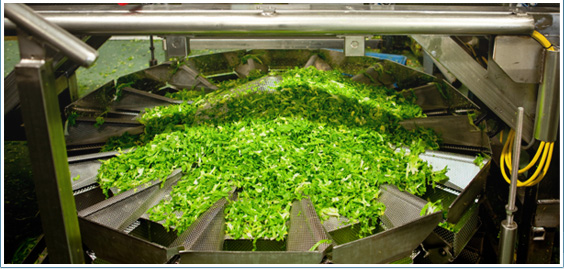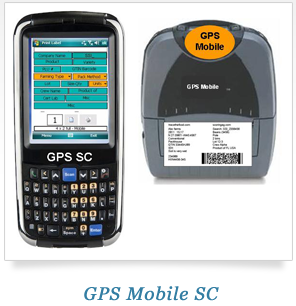FDA Compliance and Product Traceability: Small Business Problems and the ERP Solution – Part 1
The Institute of Food Technologists (IFT) recently submitted a report to the FDA on recommendations for achieving complete lot tracking and traceability through the deployment of the latest technology solutions from food processing software and warehouse management providers. The report details the various ways in which companies in the food and beverage industry can leverage new technology to meet increasingly stringent FDA compliance requirements. For small business food processors and distributors engaging in an ERP selection project, a given software vendor’s ability to provide both forward and backward lot tracking and traceability should be considered to be one of the highest (if not the highest) priority functional requirements.
In 2009, peanuts, pistachios, and refrigerated cookie dough were all pulled off the shelves in grocery stores across the United States due to salmonella contamination. When the FDA investigated some of the food processors who supplied these contaminated peanuts and pistachios, the regulatory agency quickly shut down a number of the food processors’ operations because they were unable to report on what products could have potentially contained a contaminated raw ingredient and which of their customers could have received a finished good that was produced with a contaminated ingredient. Should a small business food processor be forced to initiate a product recall without complete ingredient and finished good lot history readily available, the small business could easily go from a small business to out of business.
Why?
First and foremost, the FDA has begun to take a strong stance that any business, large or small, who cannot successfully respond to anticipated or unanticipated FDA audits and mock recalls will be shut down until the business can demonstrate that it is making significant strides to improve its overall level of product safety and traceability. The FDA’s announcement of its Reportable Food Registry program is a subtle way of letting the public know it is taking product traceability seriously.
Secondly, if a food processor is forced to initiate a product recall due to a contaminated lot of product from a supplier and it cannot identify which of its finished goods were produced using the contaminated lot as an ingredient, it will be forced to recall all of its finished goods that were produced with that ingredient from the supplier. For example, Supplier A may provide a trail mix manufacturer with peanuts. Some peanuts received into inventory will have lot number 123, and other peanuts received into inventory with have lot number 456. The trail mix manufacturer then produces 10,000 bags of trail mix. 5,000 of these bags were produced with peanuts that had lot number 123, and the remaining 5,000 bags were produced with lot number 456. All 10,000 bags were then sold to the trail mix manufacturer’s customers. Supplier A, then, initiates a recall for all of its peanuts that had a lot number of 123 due to salmonella contamination. If the trail mix producer cannot identify with a high level of accuracy which of its customers received trail mix that was produced with peanuts containing lot number 123, the business will be forced to recall all of its trail mix bags that were produced with peanuts from Supplier A. Financially, this is a disaster for the trail mix producer.
Lastly, food processors that do not have sophisticated lot traceability reporting capabilities are subject to an overall loss in customer faith. In an increasingly competitive global economy, customers, whether they are grocery stores, distributors, restaurants, or end consumers, are going to choose to do businesses with those food manufacturers who can demonstrate they have the necessary product safety and traceability controls in place in the event of a product recall.




